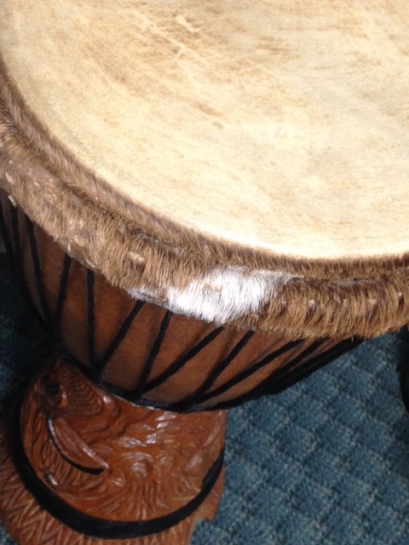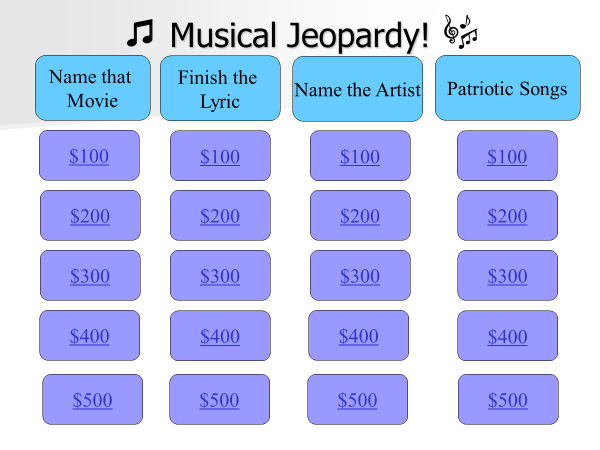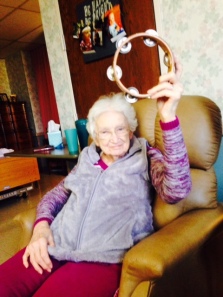

I was a little late getting this posted for the upcoming holiday, but there is still time for anyone looking to expand their patriotic repertoire! I’ve put together a list of patriotic songs as well as service songs and songs that became popular around World War II. My older adults love singing these songs and these songs can help facilitate memory recall and song discussions during my music therapy groups. One song in particular, “Don’t Sit Under the Apple Tree,” may trigger a lot of memories for group members due to the song describing a young man going off to war and asking his sweetheart to remain faithful until his return.
I also love incorporating movement and various percussion instruments into patriotic sing-a-longs since these songs typically have a strong beat which is easy for everyone to follow. In some songs, such as “You’re A Grand Old Flag,” scarves can also be utilized to help target movement among group members and following directions.


During the sing-a-long I may also first play an instrumental recording of the songs we are about to sing, to see if anyone can identify the song and “name that tune.” Then after a group member identifies the tune, we can all sing the song together as a group with song packets. This is another great way for group members to work on memory recall and cognition.
Here’s a list of patriotic songs for this 4th of July:
Patriotic Songs
- “My country Tis of Thee”
- “America the Beautiful”
- “God Bless America”
- “Star Spangled Banner”

Photo by Brett Sayles on Pexels.com - “Yankee Doodle”
- “Yankee Doodle Boy”
- “You’re A Grand Old Flag”
- “The Cassion Song”
- “The US Coast Guard Song”
- “Battle Hymn of the Republic”
- “Stars and Stripes Forever”
- “Don’t Sit Under the Apple Tree”
- “God Bless the USA”
What are some patriotic songs you’ll be singing with your clients and/or family this 4th of July?
-Courtney











 social skills and communication skills among residents. I always try to make the game challenging for working on memory recall and cognitive skills, but it is also very important to make sure the game is a successful experience for everyone. As a music therapist, it is always important to be able to assess each individual’s strengths and weaknesses so that you can modify and adapt the session as needed.
social skills and communication skills among residents. I always try to make the game challenging for working on memory recall and cognitive skills, but it is also very important to make sure the game is a successful experience for everyone. As a music therapist, it is always important to be able to assess each individual’s strengths and weaknesses so that you can modify and adapt the session as needed.